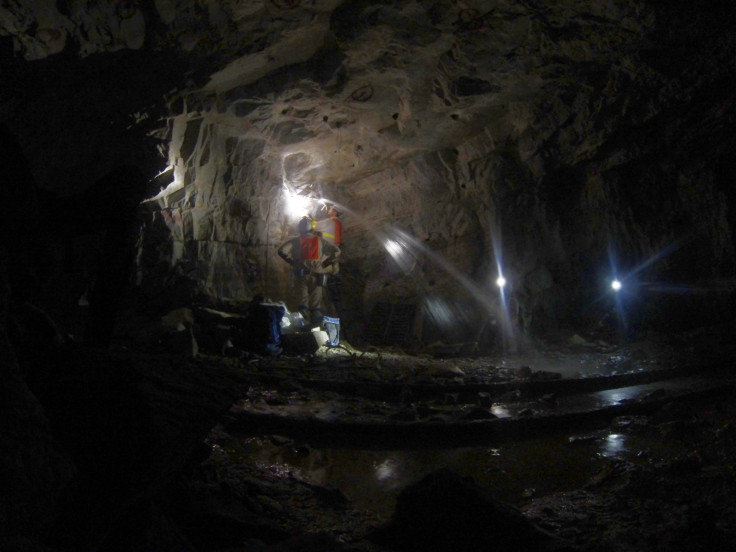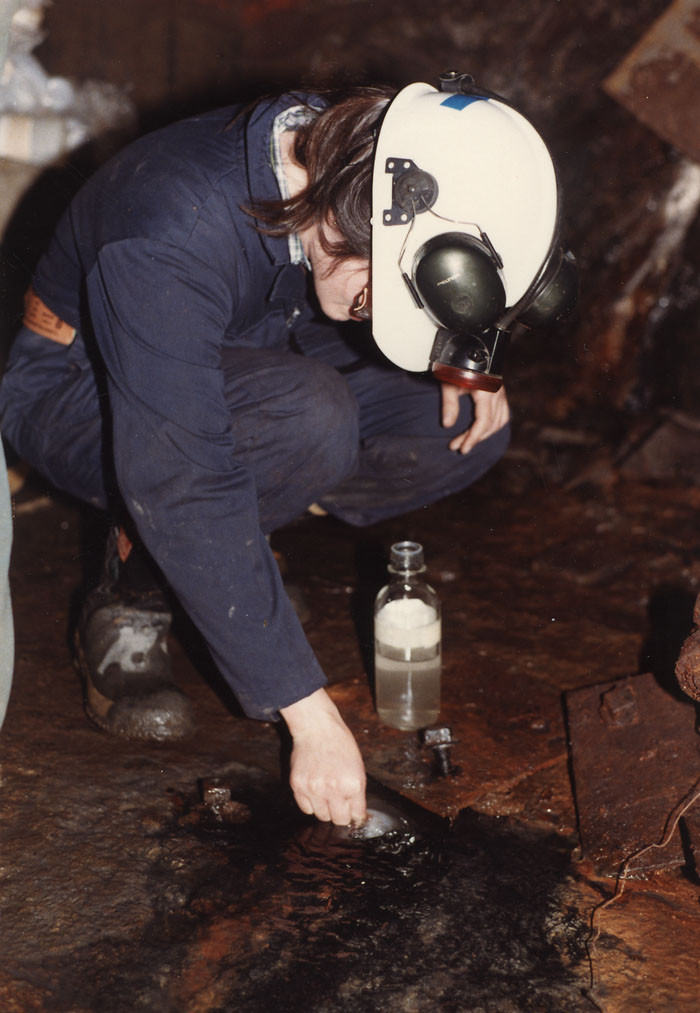Ancient water discovery leads to 'quantum change' in understanding of Earth's habitability

The discovery of ancient hydrogen-rich water in extremely remote areas has led to a "quantum change" in our understanding of how much of the Earth's crust could support life, scientists have said.
The water was discovered trapped kilometres below Earth's surface in rock fractures in Canada, South Africa, and Scandinavia. It has been described as a "sleeping giant" in terms of its potential to provide energy for life.
Researchers at the University of Toronto used data from 19 mine sites to map the location of the ancient water.
Published in the journal Nature, scientists said the water is found in the oldest rocks on Earth – Precambrian Shield rocks. Findings showed they have a chemistry similar to water found near deep sea vents, meaning they could support microbes living in isolation.
Precambrian rocks make up over 70% of the surface of the Earth's crust.

Lead author Barbara Sherwood Lollar said: "This represents a quantum change in our understanding of the total volume of Earth's crust that may be habitable. Until now, none of the estimates of global hydrogen production sustaining deep microbial populations had included a contribution from the ancient continents."
She said the terrain represents a "sleeping giant", with the huge area a "source of possible energy for life".
The authors explain that understanding how much hydrogen is produced is key to understanding the amount of Earth's habitable subsurface.
Deep in gold mines and under the sea, hydrothermal vents release geothermally heated waters that are hydrogen rich. They host complex microbial communities nurtured by the chemicals dissolved in the fluid.
The authors say their findings provide a "global network of sites" with hydrogen-rich waters that can be targeted in the search for deep life over coming years.
They also point to the implications for life on Mars. The Red Planet has ancient rocks with hydrogen-producing potential, so could also host microbial life: "If the ancient rocks of Earth are producing this much hydrogen, it may be that similar processes are taking place on Mars," Sherwood Lollar said.
© Copyright IBTimes 2025. All rights reserved.






















